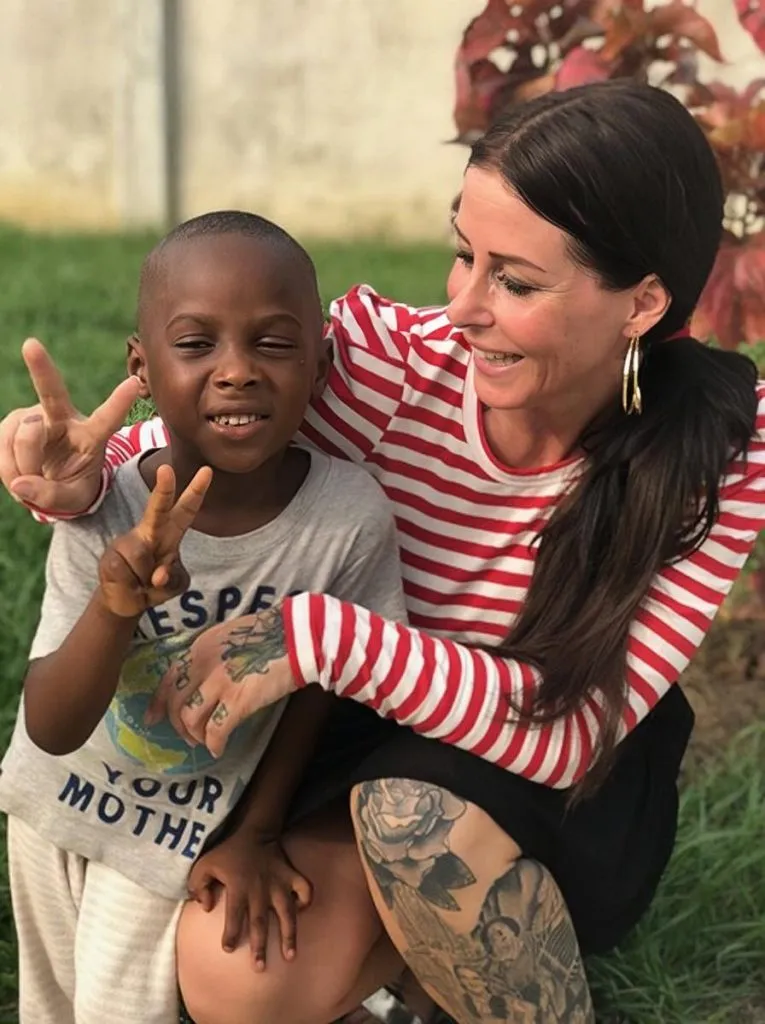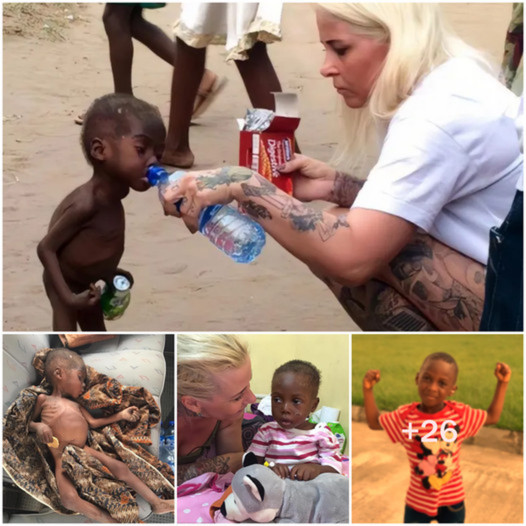Hope is a Nigerian boy who was left by his parents and villagers on the street, where he was thought to be a witch. He is now healthy and talented in the arts after being adopted by a charity.Early in 2016, a picture of a 2-year-old Nigerian boy on social networks made everyone cry. Anja Ringgren Loʈen, a Danish volunteer and founder of the charity DINNødhjael, is feeding and watering a starving pig in the middle of the street.
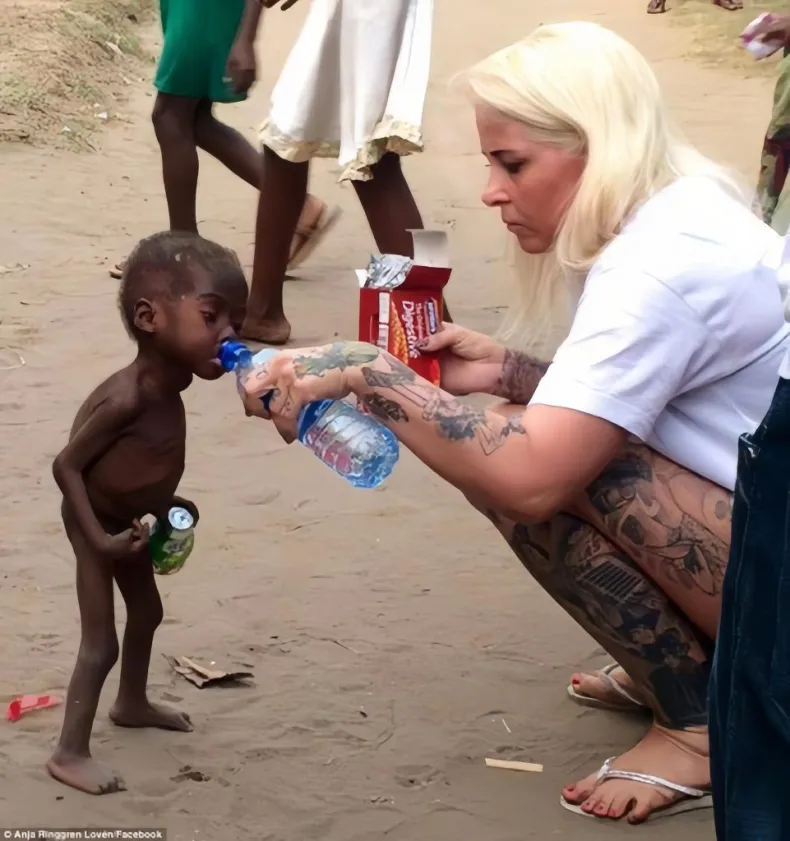
The boy, named Hope, was left by his family and neighbors because they thought he was a witch.
“Hope was in terrible shape when we rescued him.” He was severely malnourished and sick with many illnesses. He was in very bad shape for the first two weeks of his hospital stay. We missed the chance to see him. She said, “I don’t know if I can sleep.”
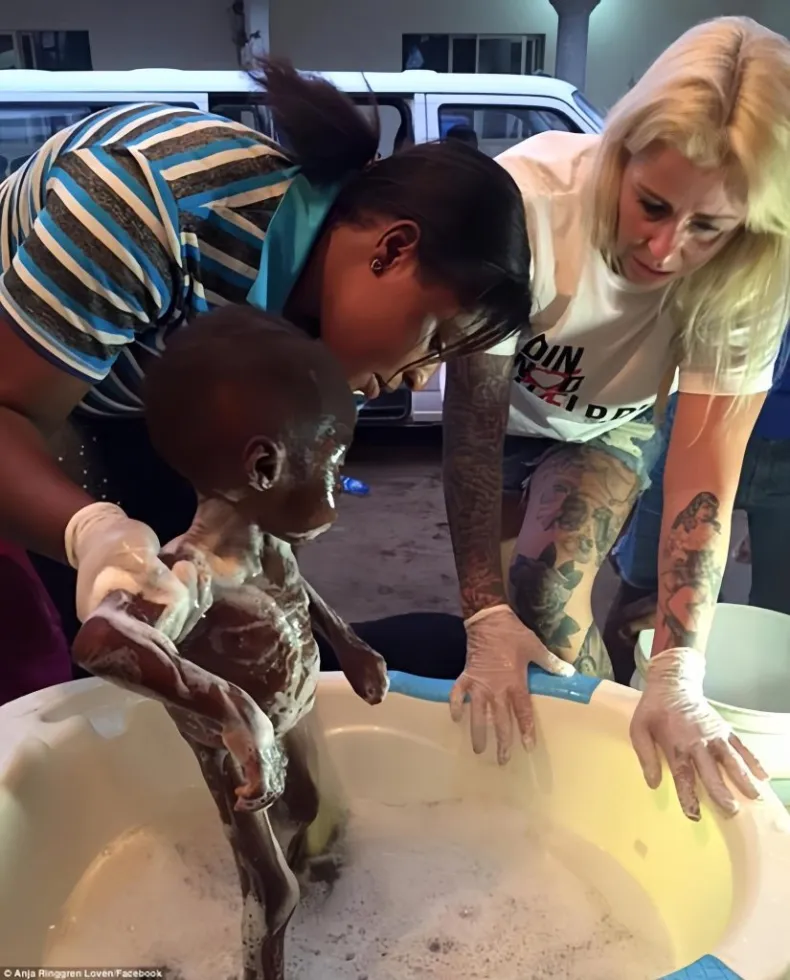
Hope was then taken back to Anja’s charity, which has been taking care of hundreds of abandoned children for eight years. Hope has gone through a huge change after being raised and raised for 4 years. “Hope is in great health now and loves going to school.” He is very smart, and art is his life’s work. Hope is a very good artist, and many of his paintings are bought. “He’s the little Picasso,” Anja said. Hope hasn’t seen her parents since she returned to DINNdhjæl, and the organization hasn’t been able to get in touch with any of her family or friends. Hope can now happily look at the picture of her with Anja, even though it got off to a rough start.
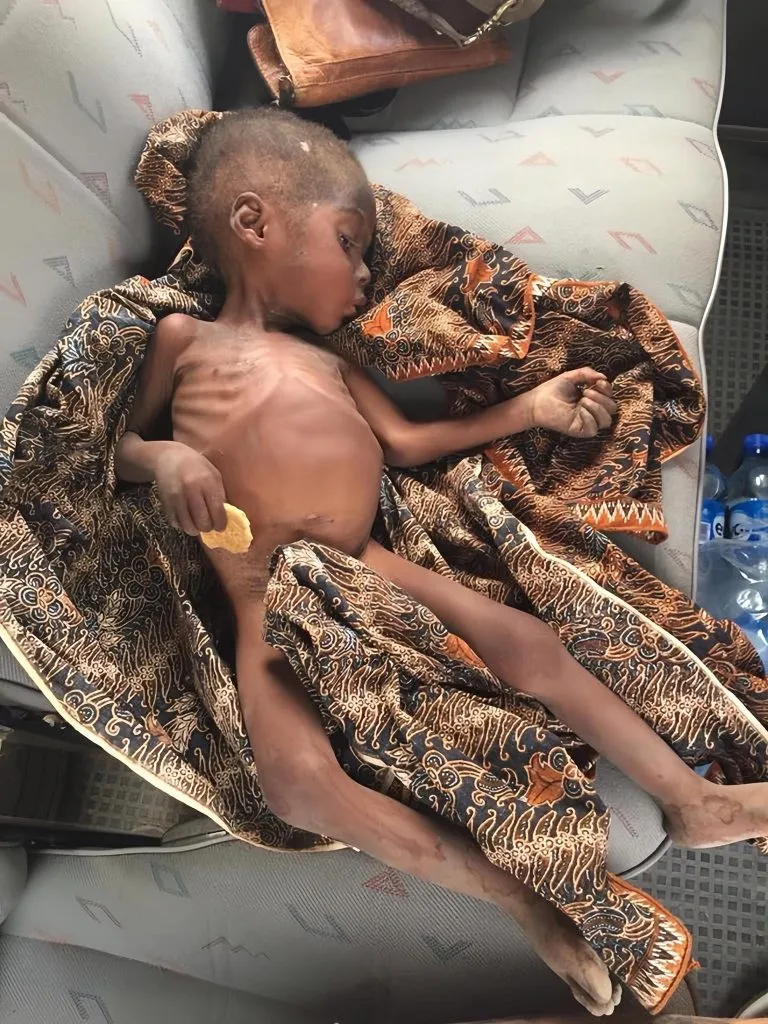
Anja, who is now an ambassador for the United Peace Federation International, said, “He would often point to the picture and smile like he was proud.” “But I know that’s not pride.” It’s natural for kids to be able to forgive and not judge. We brought Hope up to be angry at her parents, who left her and accused her of doing wrong. They left me to die on the street because I’m a witch. that makes sense. If people can’t get basic human rights like education, health care, and social protection, no society can stay together.
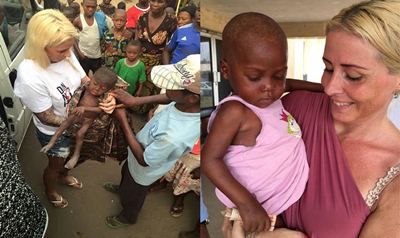
People often accuse others of witchcraft when someone in their family dies or gets sick, crops fail, they lose their job, or they can’t have children. In the past, children were used as scapegoats, accused of being witches, and then left by their own people. Anja and her team have raised more than 300 naira and now take care of 76 naira at DINNàdhjæl, which is West Africa’s biggest naira children’s center. There are 9-year-old girls among them who have been tortured, raped, and married before.
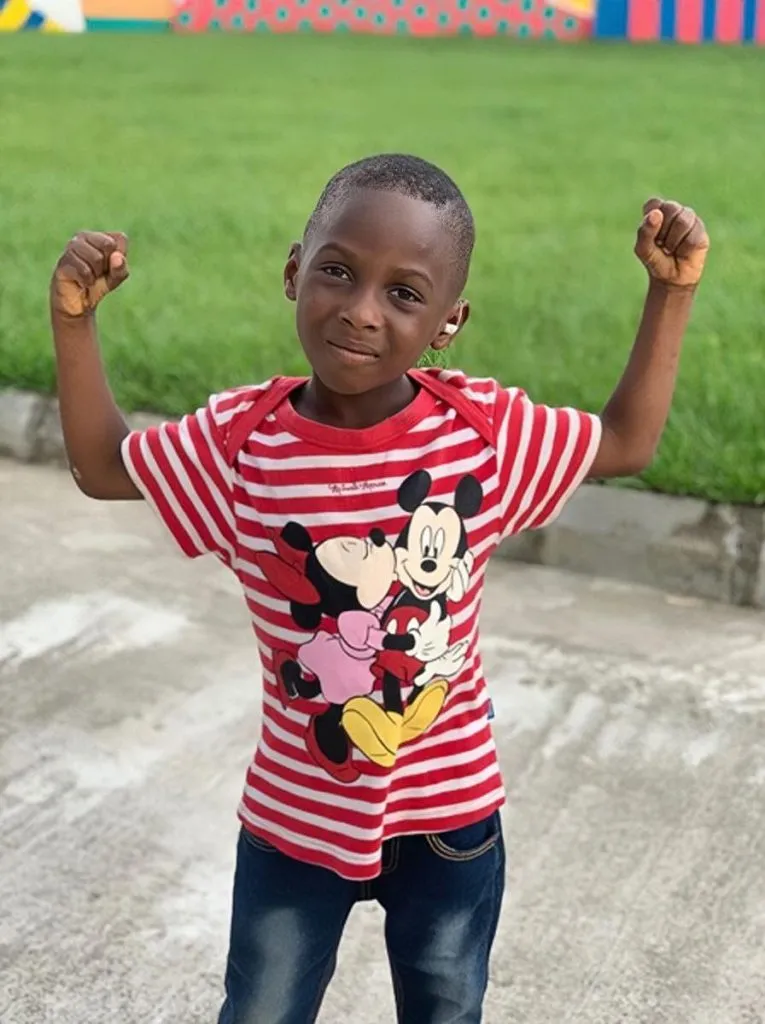
“Schooling is the most powerful thing in society and the best way to fight ignorance.” People need to talk to each other and interact with each other in order to solve a problem.
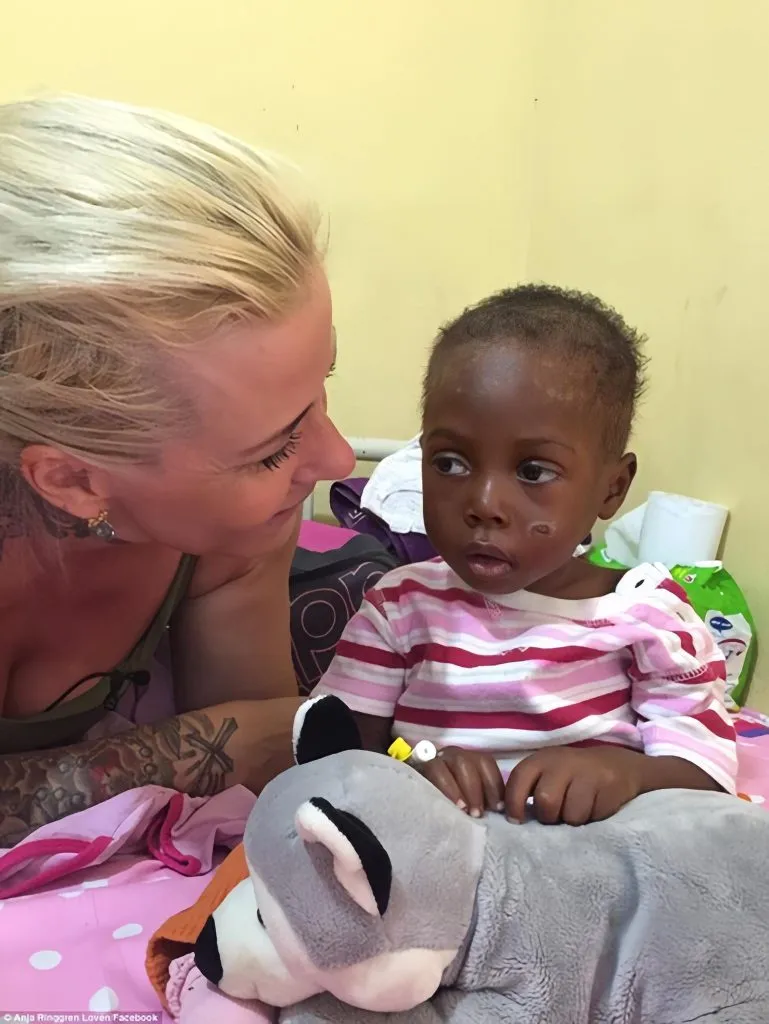
The way we do our work is very well done. Through advocacy projects in different areas, we need to help people change their minds and learn more, Anja said.
